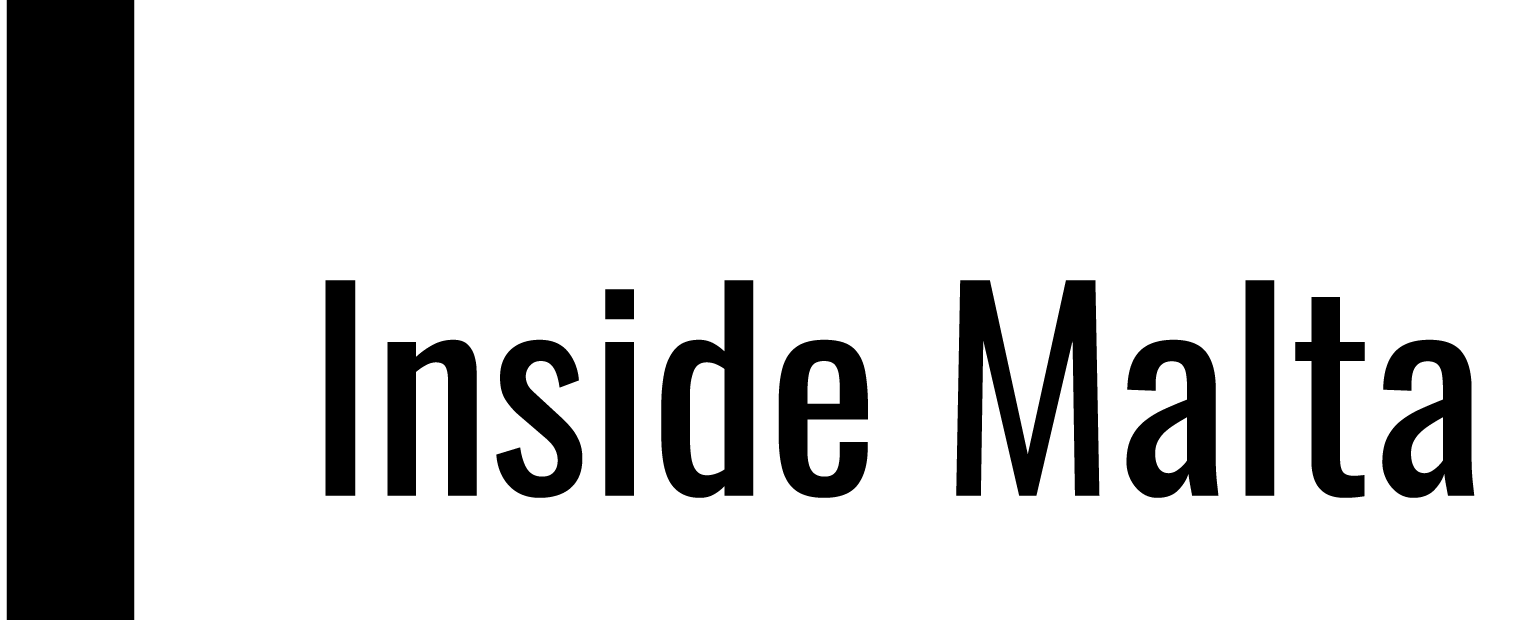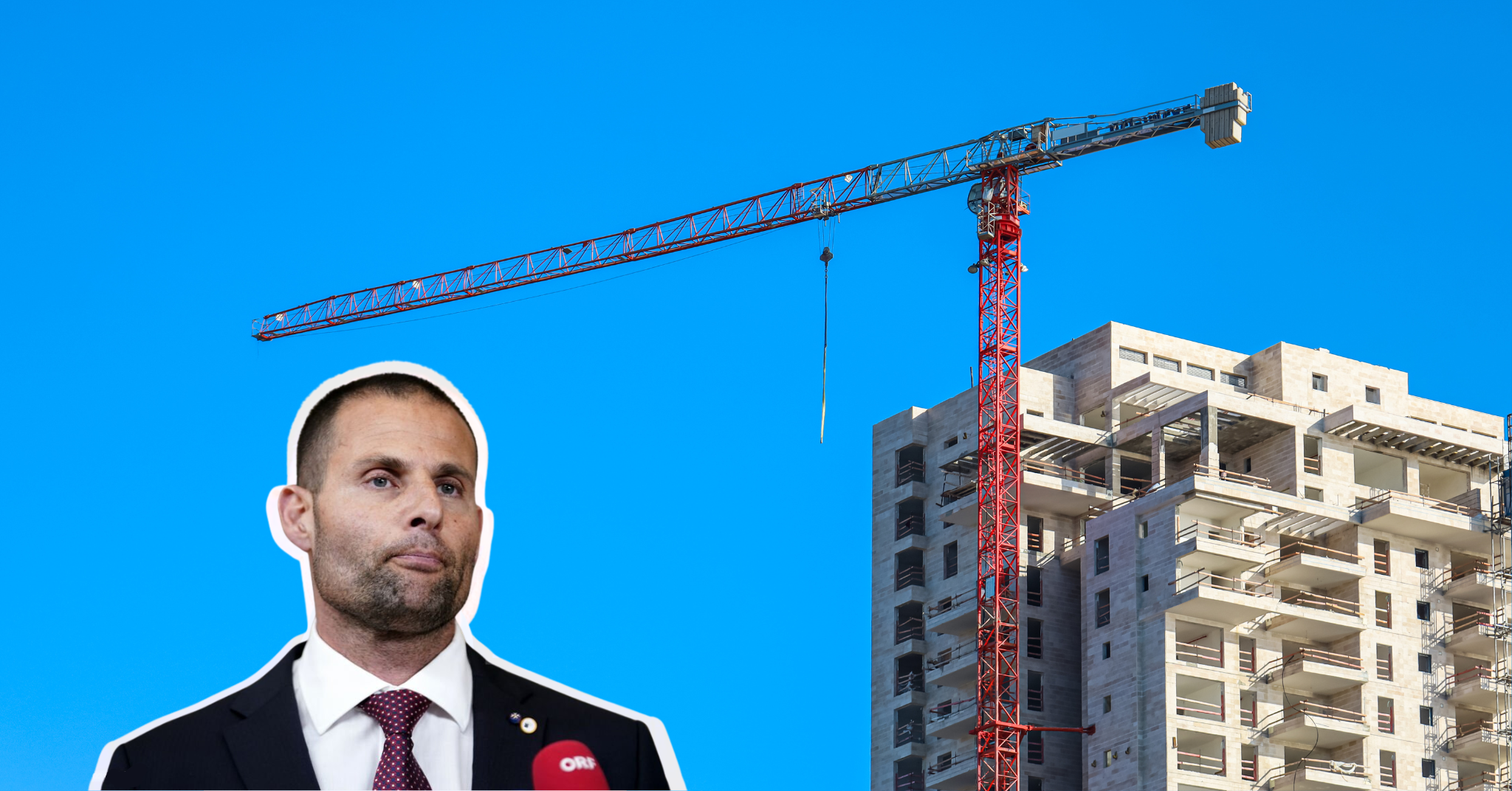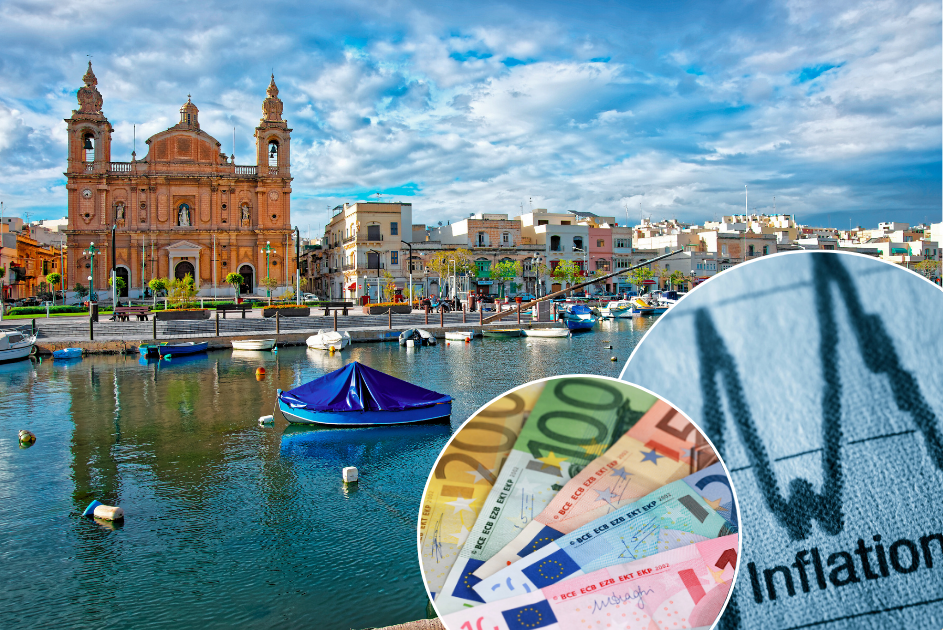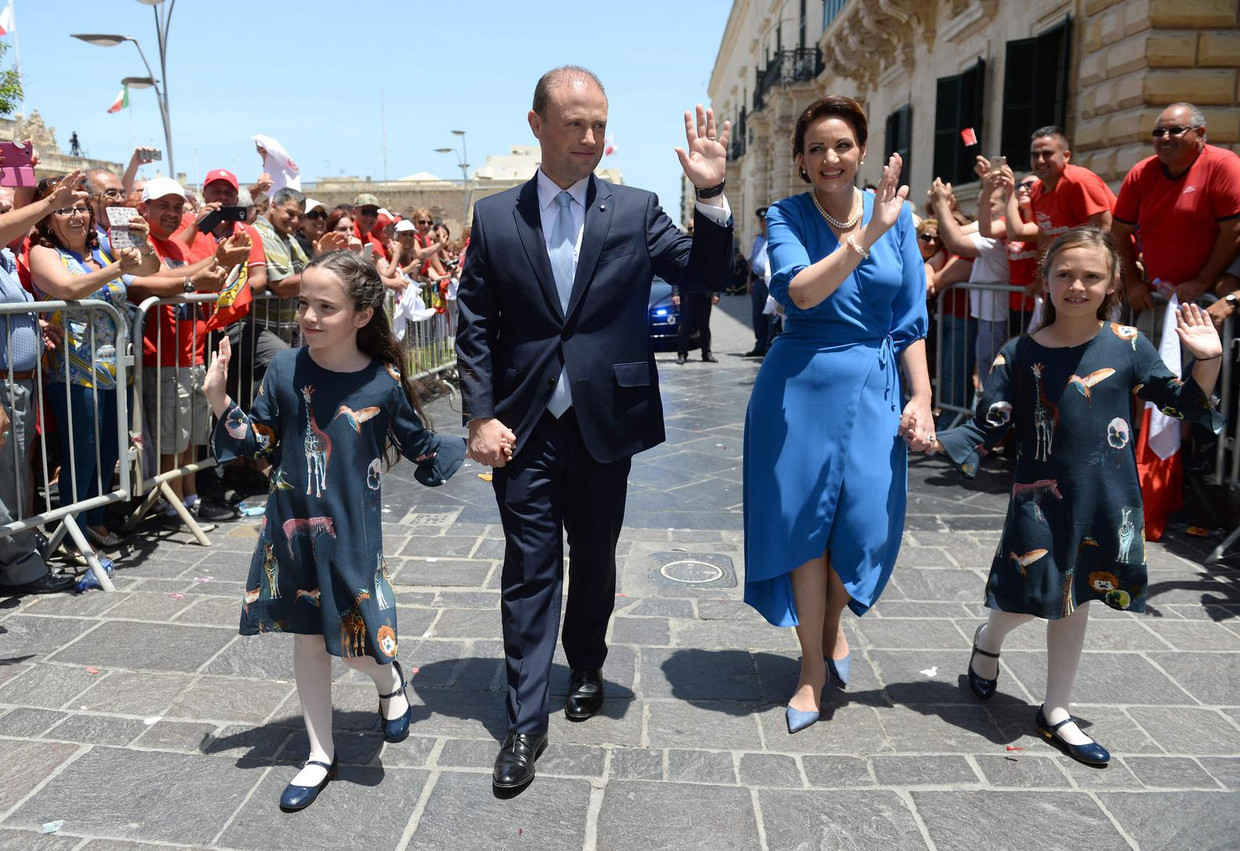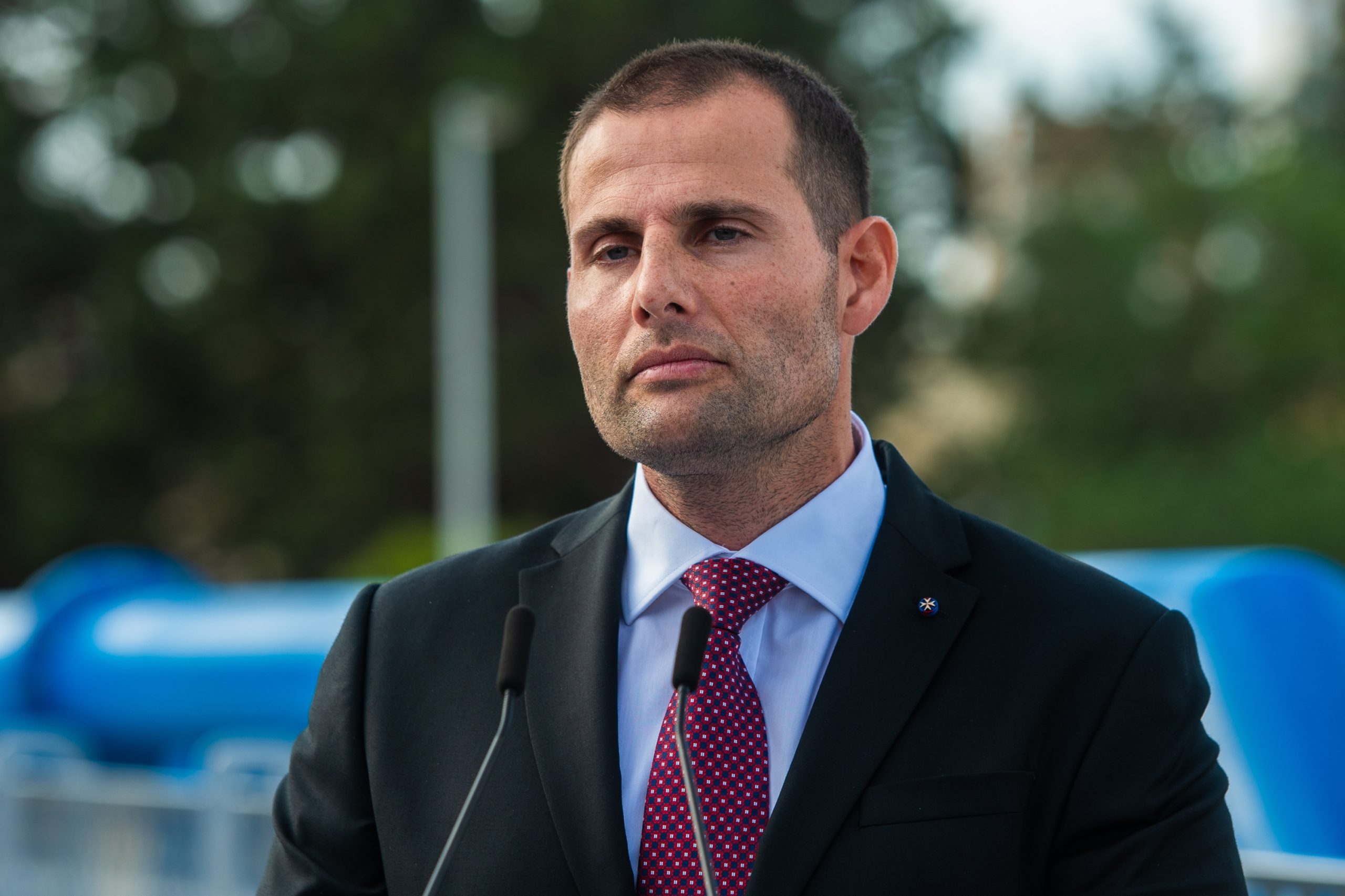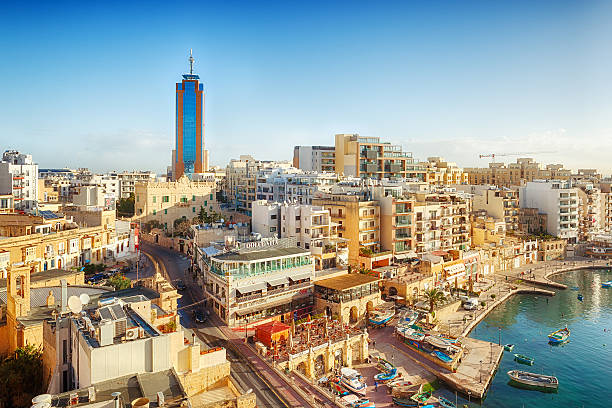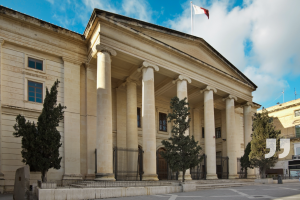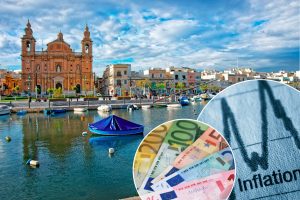Introduction
The interplay between Non-Governmental Organizations (NGOs) and political parties is a critical aspect of civil society in Malta. In the case of the Nationalist Party (Partit Nazzjonalista or PN) and NGOs in Malta, the relationship has been marked by both collaborative efforts and notable tensions. This article aims to shed light on the negative connections and specific examples of challenges that have arisen between NGOs and the PN Party in Malta.
Political Polarization and Fragmentation
In recent years, Malta’s political landscape has become increasingly polarized, with the PN Party and NGOs often finding themselves on opposite ends of the spectrum on key issues. This polarization has created an atmosphere of mistrust and hindered effective collaboration.
(Source: Independent)
Environmental Advocacy: Several environmental NGOs in Malta have consistently voiced concerns over the PN Party’s stance on environmental issues. For instance, NGOs such as Flimkien għal Ambjent Aħjar (FAA) have criticized the PN Party’s support for large-scale development projects that pose a threat to Malta’s natural landscapes and ecosystems. The PN Party’s policies and decisions on development have been perceived by environmental NGOs as prioritizing economic growth over environmental sustainability.
(Source: Times of Malta)

Migration and Human Rights: NGOs focused on migration and human rights have also encountered friction with the PN Party. Organizations like Integra Foundation and Aditus foundation have expressed concerns over the PN Party’s approach to migration, particularly their stance on asylum seekers and refugees. These NGOs have criticized the party for adopting restrictive immigration policies and failing to address human rights violations in relation to migration effectively.
(Source: Mercersec)

Transparency and Accountability Issues
Another area of contention between NGOs and the PN Party in Malta revolves around issues of transparency, accountability, and the perception of corruption. NGOs have raised concerns about the PN Party’s alleged lack of transparency and accountability, demanding greater openness from political parties in general.
Panama Papers Scandal: The Panama Papers scandal in 2016, which revealed the involvement of prominent Maltese individuals and entities in offshore financial activities, significantly impacted the relationship between NGOs and the PN Party. NGOs like Transparency International and Repubblika strongly criticized the PN Party’s handling of the scandal and called for greater accountability. They argued that the party failed to take decisive action and hold those implicated accountable, thereby eroding public trust in the political system.
(Source: Cartooning for Peace)
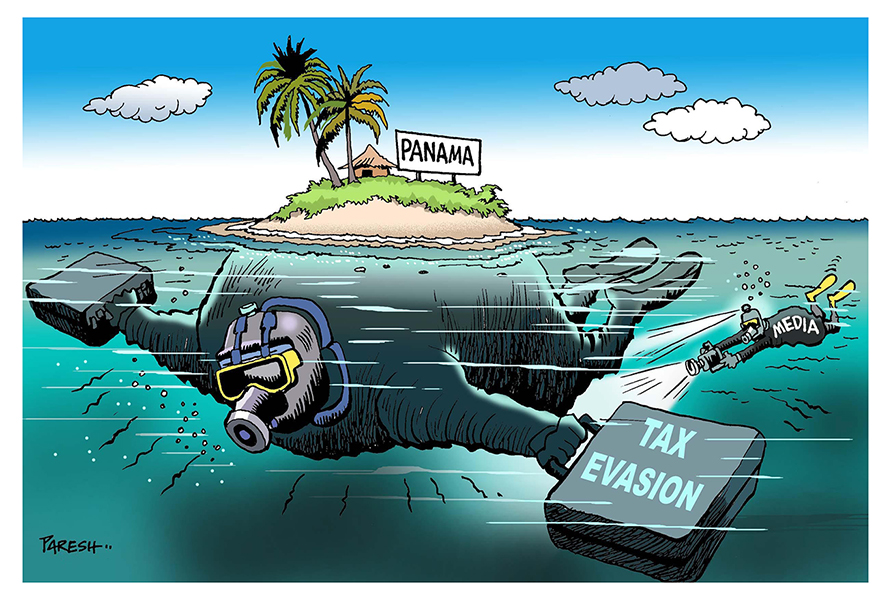
Party Financing: NGOs have also expressed concerns regarding party financing in Malta, calling for stricter regulations and transparency measures. The PN Party has faced scrutiny over its sources of funding, with NGOs like The Shift News raising questions about the influence of financial interests on political decision-making.
Limited Consultation and Engagement
Critics argue that the PN Party has, at times, demonstrated a lack of consultation and engagement with NGOs, leading to a strained relationship and missed opportunities for collaboration.
Lack of Inclusion in Policy Development: NGOs have raised concerns about being excluded or inadequately consulted during the development of policies that directly impact their respective sectors. This limited engagement has hindered effective collaboration and resulted in policies that may not fully address the needs and concerns of civil society organizations.
Examples include NGOs working in education and healthcare sectors, which have highlighted the lack of meaningful consultation with the PN Party on crucial matters such as educational reforms and healthcare policies. This has led to a perception that the party does not prioritize incorporating the expertise and perspectives of NGOs into their decision-making processes.
Conclusion
While collaborations between NGOs and the PN Party in Malta have had positive aspects, it is important to acknowledge the challenges and negative connections that have emerged. Political polarization, concerns over transparency and accountability, and limited consultation have strained the relationship between NGOs and the PN Party.
However, it is essential to note that not all interactions between NGOs and the PN Party have been negative. There have been instances where NGOs and the PN Party have successfully collaborated on shared concerns, such as promoting democratic values and advocating for social justice. Recognizing these positive experiences and working towards addressing the challenges can help foster a more constructive relationship that serves the best interests of Malta’s civil society and political landscape.
(Source: Times of Malta)

